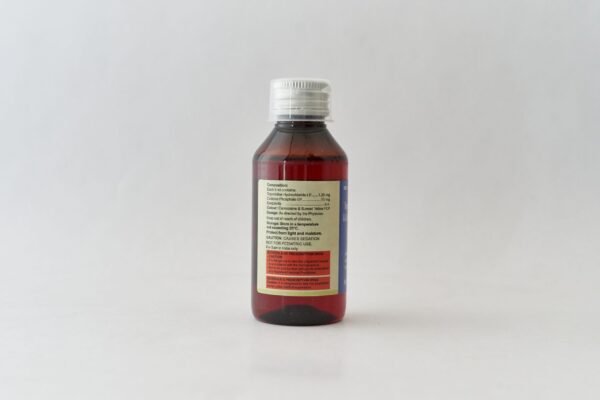In a significant development, a court in Uzbekistan has handed down sentences to 23 individuals on Monday, following a six-month-long trial related to the tragic deaths of 68 children. The deaths were linked to contaminated cough syrups manufactured by India’s Marion Biotech, marking a devastating chapter in the country’s healthcare history.
Initially, Uzbekistan had reported 65 fatalities associated with the consumption of the tainted medicines. However, during the course of the trial held at the Tashkent city court, prosecutors revised the death toll upward and identified two additional individuals who were implicated in the case.
The defendants faced a wide array of charges, including tax evasion, the sale of substandard or counterfeit medicines, abuse of office, negligence, forgery, and bribery. Among them was Singh Raghvendra Pratar, an executive director of Quramax Medical, a company responsible for distributing medicines produced by Marion Biotech in Uzbekistan. Pratar received the harshest sentence of 20 years in prison.
Notably, the court also convicted former senior officials who held positions overseeing the licensing of imported medicines, imposing lengthy prison terms on them as well.
The verdict did not just entail punitive measures against the perpetrators. The court also decreed that compensation totaling $80,000 (equivalent to 1 billion Uzbek sums) be awarded to each of the families of the 68 deceased children. Additionally, four other children who suffered permanent disabilities due to the tainted syrup would also receive the same compensation amount. Furthermore, parents of eight children who experienced adverse effects from the drug would be compensated with varying amounts ranging from $16,000 to $40,000.
The compensation funds are to be collected from seven of the convicted individuals, as per the court’s ruling, as reported by the Supreme Court statement.
This tragic incident has sent shockwaves not only across Uzbekistan but also globally, highlighting the critical importance of ensuring the safety and efficacy of pharmaceutical products. The contamination of cough syrup, a medication commonly administered to children, underscores the dire consequences of lapses in quality control within the healthcare supply chain.
Marion Biotech, the Indian pharmaceutical company at the center of this controversy, faces severe scrutiny and backlash over its role in producing the tainted syrups. The company’s reputation has undoubtedly been tarnished, and it will likely face legal and financial repercussions in the aftermath of this incident.
Moreover, this case serves as a stark reminder of the grave responsibility borne by pharmaceutical companies in upholding stringent quality standards and ensuring the safety of their products. The tragic loss of innocent lives underscores the need for heightened vigilance and oversight in the pharmaceutical industry to prevent similar incidents from occurring in the future.
The court’s decision to impose significant prison sentences on the individuals responsible for this tragedy sends a strong message about the consequences of negligence and malpractice in the healthcare sector. It serves as a form of justice for the victims and their families, albeit it can never fully compensate for the irreparable loss they have endured.
Moving forward, it is imperative for regulatory authorities in Uzbekistan and around the world to strengthen oversight mechanisms and enforce strict compliance standards to safeguard public health. Only through concerted efforts to hold accountable those responsible for such egregious lapses can we hope to prevent such tragedies from recurring and ensure the integrity of the global healthcare system.
